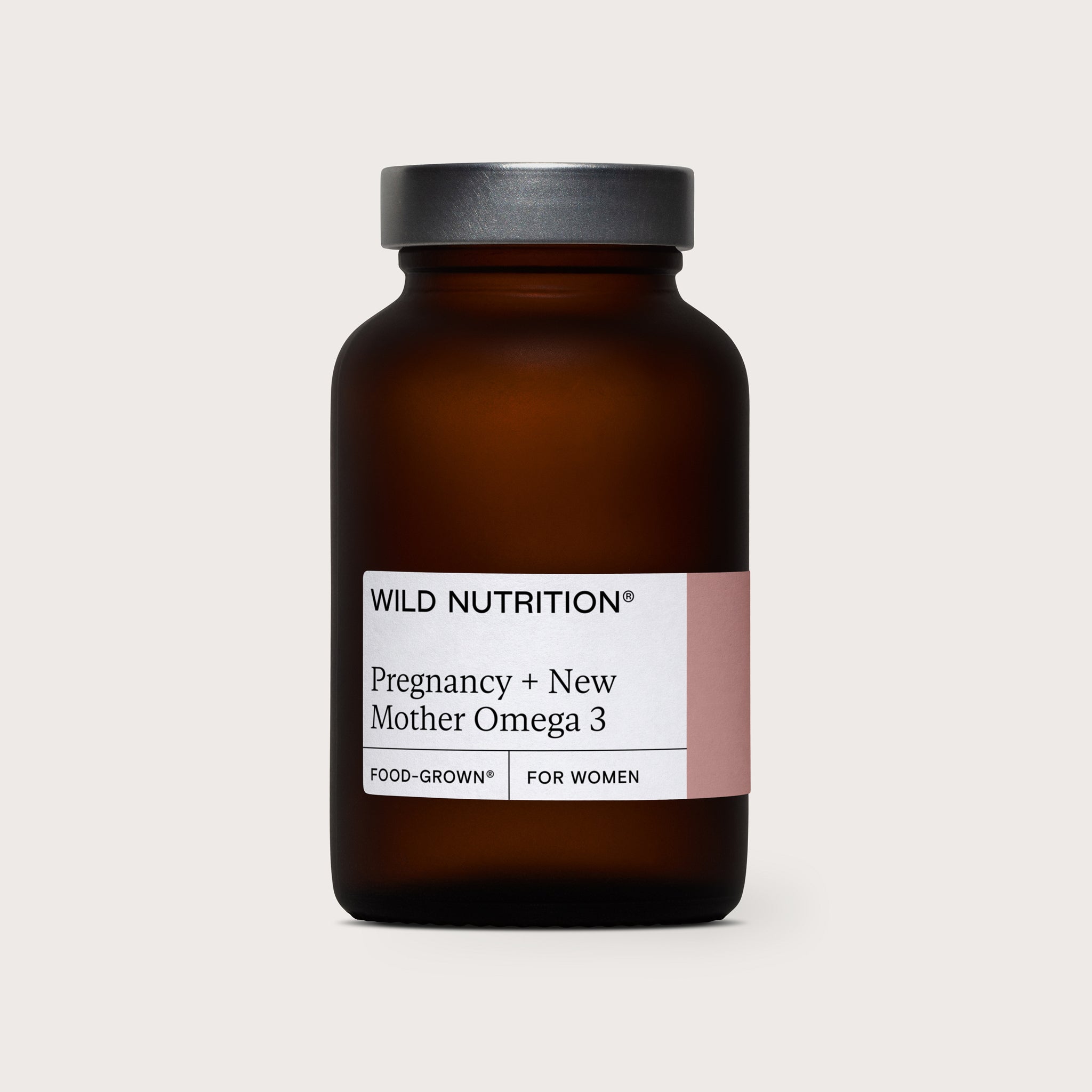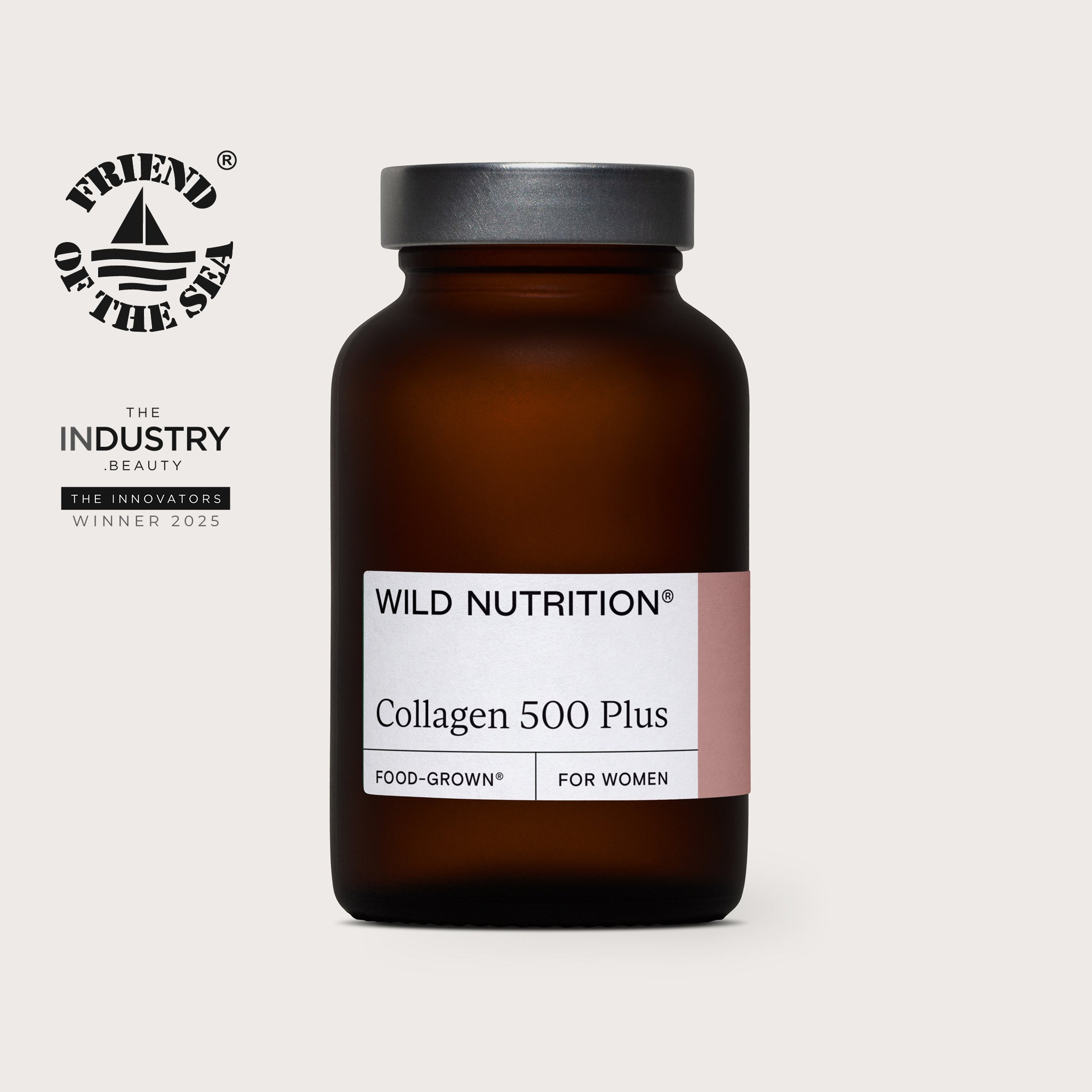
Your Fourth Trimester Guide
How you might be feeling: You have just been through a life-changing event and are probably feeling a confusing array of things from; joy, discomfort, love, being swollen, scared and in awe of your incredible body, and probably all at once. With an overwhelming surge of hormones, the first 12 weeks can be particularly daunting.
Birth - 12 weeks later.
Disclaimer: Everyone's experience and their symptoms are different
Baby Blues:
Days 3-5 postpartum, when your breast milk comes in, you may notice a change in emotions. This is in part due to a sudden drop in oestrogen and progesterone levels as well as other hormone and chemical messengers. You may feel more teary or anxious about what’s to come, but rest assured this is very common and should subside within a few days.
Postnatal depression:
If these feelings go on for longer or become all-consuming, leaving you feeling hopeless and disinterested in the baby or caring for yourself, please speak to your doctor or midwife as you may have postnatal depression. They will be able to help you navigate this and get back to balance. Remember you are not alone, around 15% of new mothers will experience postpartum depression which can occur up to a year postpartum.
Constipation:
Constipation is a common occurrence post birth which can be further disrupted due to sleep disturbance, medication, reduced movement and fear of pain. It is really important to keep well hydrated and include fibre-rich foods to ease this process and get back into a regular routine, such as fruits, vegetables and soaked seeds, which can all help bulk and soften the stool which makes it easier and more comfortable to pass.
What your hormones are doing post birth:
Once you have birthed the placenta your oestrogen levels will fall 90-95% and your progesterone will drop to near zero! In the first 48 hours after birth your levels of corticotropin releasing hormone, the brain hormone that stimulates cortisol production, will also level out. In the first few weeks postpartum you need to be both physically and emotionally nurtured to encourage your CRH to return to normal levels.
When breastfeeding your oestrogen and progesterone should naturally be suppressed and this should hold off your period returning, however this is not always the case.
The nutrients that are most important during this stage:
Food may be the last thing on your mind, but food has a beautiful way of grounding and healing you, providing nutrients to set you up for this next chapter in your life. When you sit down to breastfeed or while holding your sleeping baby this can be the perfect opportunity to nourish and hydrate yourself too with healthy snacks and water or herbal infusions. If you have precooked frozen meals, get them out in the morning so that they are ready to bake at dinner time.
Iron:
Birth can cause blood loss and it's important to replenish those stores, for energy, repair and immune health. Your body requires healthy gut bacteria to utilise iron so it's important to keep a varied plant-rich diet and to supplement probiotics if you have had antibiotics during birth and recovery.
Sources: Nettle tea, green leafy vegetables, oats, pulses, spinach, organic red meat and lentils (always pair plant iron with vitamin C rich foods to aid absorption).
Probiotics:
Eating pre and probiotic foods in a range of different colours will do no-end of good for your gut bacteria. But, if you have had a caesarean or antibiotics, you will likely need a helping hand in the form of supplementation. This is important to recolonise healthy strains of bacteria for both you and baby as your baby will be reliant on you to flourish their microbiome in those early days via vaginal birth, breastmilk and skin-to-skin.
Magnesium:
Often referred to as ‘nature’s tranquiliser’ magnesium can do wonders in those early days for supporting muscle recovery, blood sugar balance and promoting resilience while everything is still fresh and all-encompassing. It also helps reduce tiredness and fatigue, which is key when we are faced with less sleep and frequent waking. Blood loss, stress and sweat (common for 6 weeks postpartum) can cause magnesium to become depleted so it's important to get rich sources through your diet.
Sources: dark leafy greens (cavolo nero, kale, spinach, collard greens), 85%+ dark chocolate, avocado, nuts & seeds.
Vitamin C:
Involved in many processes within the body, from tissue growth and repair, to immune system health. This antioxidant is quickly used up by the body. Both caesarean and vaginal births require intensive healing and recovery and will require a steady dose for wound healing. Add to non haem iron (plant sources) such as green leafy salads to aid absorption.
Sources: Citrus fruits, leafy greens, berries, tomatoes, peppers.
Vitamin E:
Utilised by the body for wound healing and hormone balance in the first weeks after birth. You can also use topical creams for closed wounds to help with the scarring process.
Sources: avocado, sunflower seeds, almonds, brazil nuts, red pepper, rainbow trout, Atlantic salmon.
Omega 3:
Your baby's DHA requirements are high when they are newborn. If you are breastfeeding, your baby will pull on your own stores from your brain and if you do not have sufficient levels it can make you depleted, causing a foggy brain and reduced ability to focus. Healthy levels of DHA & EPA have also been linked to reduced symptoms of postnatal depression, on their own and in combination with antidepressant medication.
Sources: oily fish (sardines, mackerel, anchovies, wild salmon, herring, trout), hemp seeds, flaxseed, chia seeds, walnuts.
Choline:
If you are breastfeeding, you will still need additional choline as it plays a role in milk production. If your choline levels becomes low your baby will pull on your own stores so it is important to keep levels topped up.
Source: bone broth, eggs, almonds, kidney beans, quinoa, chicken.
Zinc:
This mineral is crucial for immune health and healing post birth and it also supports hormone modulation, which is highly changeable over the first few weeks. If breastfeeding your demand goes up by 3mg per day.
Sources: sunflower and pumpkin seeds, seafood, lamb and whole grains.
Dietary suggestions:
Hydration is still very important after pregnancy. If you are not breastfeeding you will need at least 6 glasses of water per day via water or herbal teas. If you are breastfeeding you will need more than this, so let your thirst levels guide you. Keep glasses of water dotted at various seats in the house, that way when you sit down to feed or settle you can hydrate easily. If you find water ‘bland’ try infusing it with lemon, fresh mint or ginger for added flavour.
For cramping: Many women experience after-pains post birth, which are due to contractions and they can be more uncomfortable with each subsequent birth. Try raspberry leaf tea which has been shown to help uterine tone and muscle contractions post birth, while everything is slowly returning to its original home within you.
For immune support: Infuse a thumb of ginger and turmeric to a teapot with a spoon of manuka or local honey. This blend will help regulate inflammation levels and the healing of scar tissue.
For milk supply: Fenugreek tea has been used for years as a natural aid in breast milk production (also known as a galactagogue). Refrain from use if you have an oversupply that you are looking to reduce. It is common to see your supply start to reduce at 3 months and you can think that it has dried up, but in many cases it is just that your body and baby have come into balance and you can continue to breastfeed with some support.
Tip: Breastfeeding is a energy-hungry process that requires an extra 500 calories per day for the first 6 months, so ensure you are eating three meals a day and blood sugar-balancing snacks such as trail mix or protein balls. If our blood sugar dips through not eating enough or leaving too long between meals the stress on the body can reduce the hormone that promotes milk production and the let-down reflex.
Recovering from a caesarean:
It's important to remember that a caesarean is major surgery and does require rest, despite the demands of a newborn and possible other children to look after. Ensure you have someone that can support you during the first 6 weeks, even if just with household chores and heavy lifting. Make sure you are focusing on Vitamin C, protein, Magnesium and Vitamin E rich foods which will all help in the healing process.
Weight loss in the fourth trimester:
Be gentle on yourself when it comes to weight loss postpartum. It will leave you feeling drained and could make the transition into motherhood more difficult. It can also be counterproductive as your body can become stressed and hold fat. Remember that when you cut calories you are often having less nutrients coming in for you and baby. This is a time for restoring, nourishing and caring for both yourself and your baby, these precious few months will be over in a flash.
Further reading:
For the ultimate guide to these key postpartum weeks download 'The Fourth Trimester Guide'
or visit our 'Pregnancy Hub'
Your Pregnancy Nutrition Guide - Henrietta Norton
Key takeaways:
- Keep snacks and water on hand dotted around the house for when you are sitting down feeding or soothing your baby.
- Include oily fish in your diet for precious DHA stores.
- Try fenugreek tea to aid milk supply after birth.
- Be gentle with yourself, you have just been through a life changing experience and talk to people whenever you are feeling overwhelmed.
Not quite at your fourth trimester? Read our blogs on first trimester, second trimester, and third trimester.












